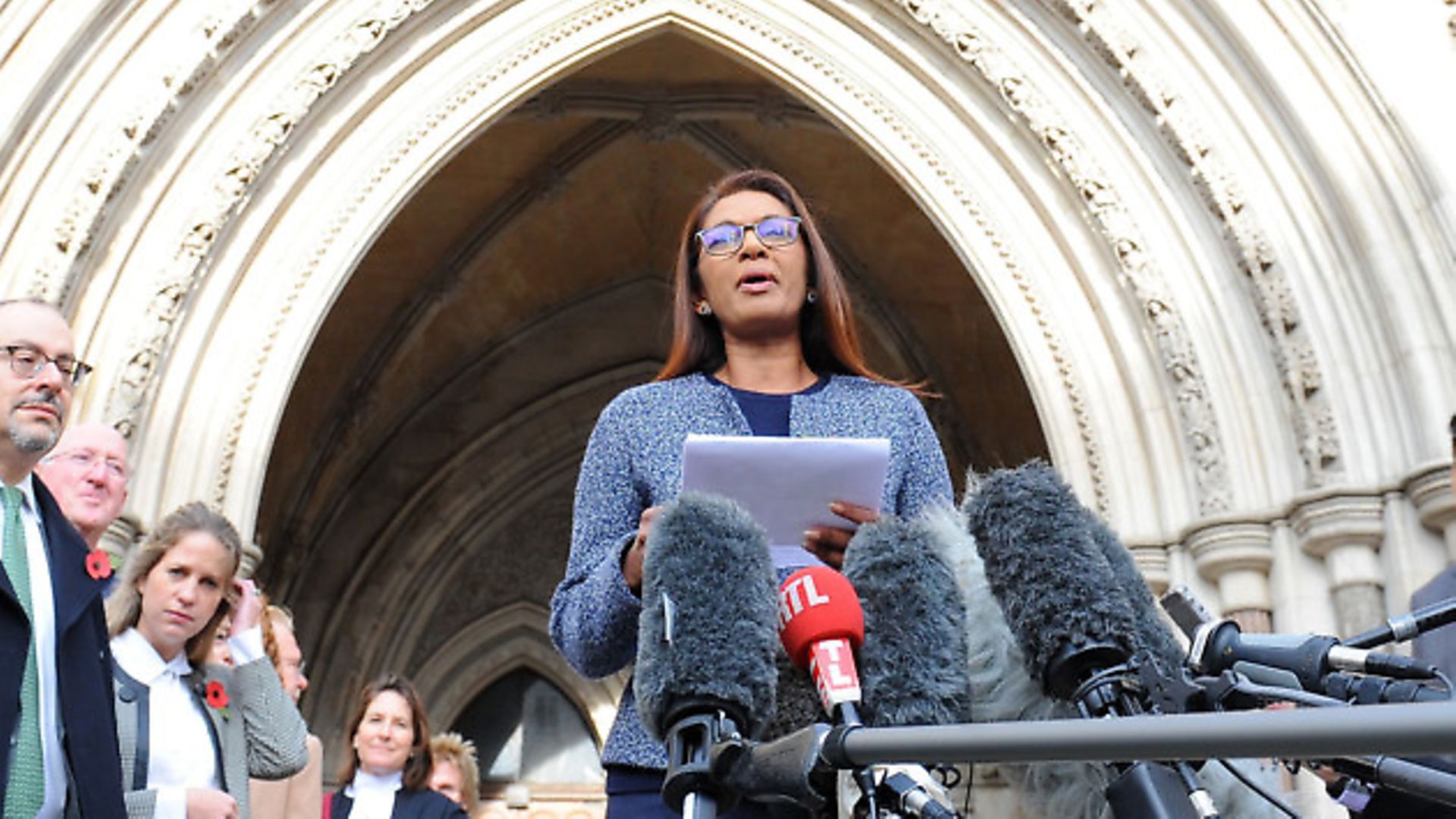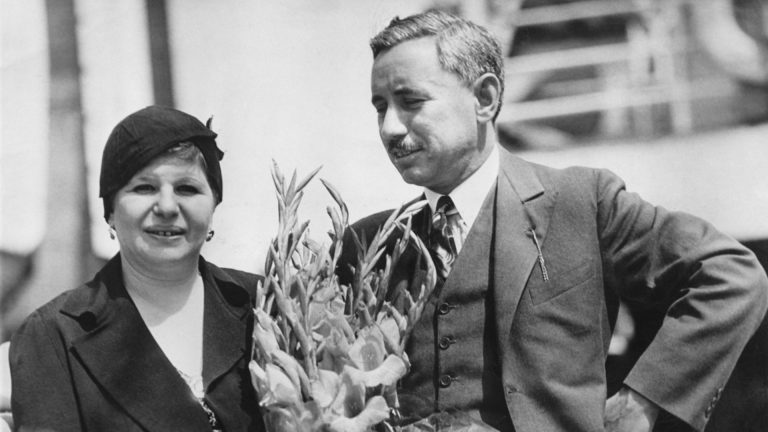
We’ve been living with the consequences of the Referendum since June 23. A grand total of 134 days.
Within that short space of time, the new Prime Minister has sought to redefine any debate around our exit from the EU and her right to unilaterally trigger Article 50 without parliamentary debate as subversion of democracy and treachery.
But other institutions – our judiciary for one – have had rather longer to find their feet, and they don’t wobble as easily as Theresa May might like.
Few anticipated (though many – this newspaper included – hoped) the judges would decide as they did.
It strikes us as a calm, sensible and thoughtful ruling.
The fact that the ruling has actually come as a shock, is just one symptom of how dangerous and toxic the climate for free speech has become in this country.
There has been a quite bizarre polarisation of views. It is all very un-British.
Why should we be surprised that an independent judiciary should rule in favour of parliamentary democracy? For the best part of a millennia, our judges have proved efficiently resistant of previous attempts to ride roughshod over their authority.
The system is doing its job. The Supreme Court will have its say. Then, we hope, Parliament too will get to speak, and decide, on our behalf, just as we asked them too at that other great ballot; the General Election.
The Prime Minister, who has herself won no general ballot and yet presumes to dictate to us the nature of the will of the Great British public, will have her chance to make the Government’s case.
Then Parliament, not the Government, should decide. This is how our democracy works.
And in case anyone forgets, and begins to froth and foam about betrayals of democracy and treachery, it was the Great British public that put this system in place, over the course of centuries.
Not days.
Matt Kelly, Editor, The New European










